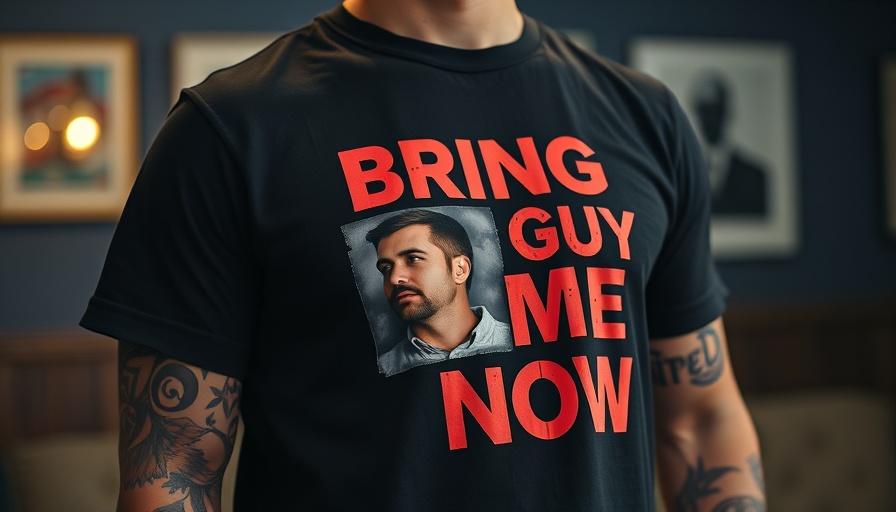
The Heart-Wrenching Reality of Hostages in Gaza
As international attention continues to focus on the ongoing conflict in Gaza, the personal stories of hostages endure amidst the chaos. Gal Gilboa-Dalal, a survivor of a recent Hamas attack, is left grappling with fear and uncertainty, as his brother remains one of the hostages still held captive.
"Every bomb could kill him," Gilboa-Dalal said, showcasing the endless anxiety that accompanies the bombardment of Gaza. His testament is emblematic of the deep emotional toll this conflict inflicts on those affected, illuminating how the impacts of war extend well beyond the battlefield.
The Human Cost of Conflict: Perspectives from Hostage Families
The ISIS hostages crisis serves as a sobering parallel, where families endured similar torments with little information about their loved ones. The frantic search for clarity and hope is a shared narrative across conflicting timelines and geographical boundaries. Just as those families waited for news, Gilboa-Dalal finds himself in a macabre waiting game—grappling with the harsh realities of being trapped in a conflict where every airstrike could culminate in a devastating loss.
Imagining the Future: Hopes Amidst Despair
Residents of Gaza, like many around the world, wish for peace and safety, hoping for a future where such tragedies no longer define daily life. The stories of captives highlight the urgent need for dialogue and solutions that prioritize human life and dignity. Without intervention, the cycle of violence continues to perpetuate new hostage situations, straining both families and the region’s stability.
The Role of Global Awareness and Advocacy
As many around the world tune into news updates, it becomes essential for the international community to understand the emotional and psychological implications on families like Gilboa-Dalal's. Advocacy for peace initiatives and humanitarian efforts must be amplified to ensure the stories of hostages do not fade in the shadows of apathy or become statistics in grim headlines.
The Long Road Ahead: Understanding Grief and Loss
For families affected by hostage situations, the grief is multifaceted—ranging from the loss of normalcy to the emotional toll of uncertainty. Initiatives to support mental health, grief counseling, and community resources are vital for helping families cope with their loss and ensure that they do not suffer alone in silence. This aspect of care often receives less attention; however, it remains critical to recovery.
Encouraging Conversations Around Conflict Resolution
In times of despair, dialogue emerges as a beacon of hope. Communities and individuals can play a pivotal role in pushing for peace talks and supporting organizations working toward conflict resolution. Understanding grievances, promoting empathy, and building platforms for communication can pave the way for a more peaceful future.
For those interested in joining the advocacy for peace or supporting families affected by the ongoing situation in Gaza, now is the time to act—raising awareness, voicing concerns, and contributing to humanitarian efforts are essential steps in fostering a world where future generations can experience peace rather than conflict.
 Add Element
Add Element  Add Row
Add Row 



Write A Comment